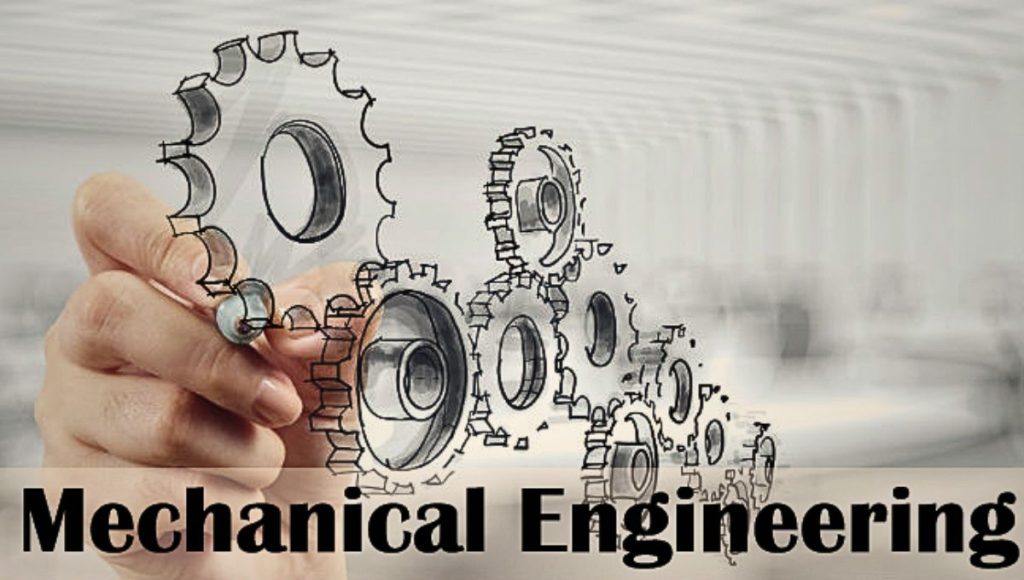Mechanical engineering stands as a cornerstone of modern innovation, driving advancements from the simplest mechanisms to the most complex machinery.
At the heart of this dynamic field is Imperial College London’s Department of Mechanical Engineering,
renowned for its cutting-edge research, exceptional teaching, and a legacy that has shaped industries worldwide.

A Legacy of Excellence
Established in the early 20th century, the Department of Mechanical Engineering at Imperial College London has consistently been at the forefront of engineering education and research.
With a faculty comprising approximately 45 members, the department caters to around 600 undergraduates and 250 postgraduate students, fostering a vibrant academic community.
Its commitment to excellence is reflected in its impressive rankings, securing the 8th position globally in the 2018 QS World University Rankings for mechanical engineering.
Diverse Academic Programs
Imperial’s Department of Mechanical Engineering offers a comprehensive range of programs designed to equip students with the skills and knowledge required to excel in various sectors.
Undergraduate Studies
The undergraduate curriculum is meticulously crafted to provide a strong foundation in mechanical engineering principles.
Students engage in hands-on projects, collaborative learning, and real-world problem-solving, ensuring they are well-prepared for industry challenges.
Postgraduate Opportunities
For those seeking advanced studies, the department offers a 12-month taught Master’s program leading to an MSc degree. Additionally, research enthusiasts can pursue doctoral studies (PhD), delving deep into specialized areas of mechanical engineering.
Notably, all postgraduate students are eligible to receive the Diploma of Imperial College (DIC) upon graduation, a testament to the institution’s esteemed reputation.
Pioneering Research Divisions
Research is the lifeblood of Imperial’s Department of Mechanical Engineering. The department’s research endeavors are organized into distinct divisions, each focusing on specific domains:
Applied Mechanics
This division explores the mechanics of materials and structures, addressing challenges in dynamics, aeroelasticity, and structural dynamics in turbomachinery.
A notable area of focus is medical engineering, where researchers study human skeletal and muscular structures to develop innovative healthcare solutions.
Mechanics of Materials
Researchers in this division delve into the behavior of materials under various conditions. From investigating nanomaterials to understanding the deformation and fracture of soft polymers, the work here has profound implications across industries.
For instance, Dr. Ambrose Taylor’s research on nanoparticle-modified materials is paving the way for stronger and more resilient composites.
Thermofluids
Focusing on the behavior of fluids and thermal systems, this division addresses challenges in energy efficiency, propulsion, and environmental sustainability.
Research here contributes to advancements in areas like renewable energy and efficient cooling systems.
Robotics and Control
In an era where automation is transforming industries, this division’s work on robotics and control systems is particularly pertinent.
Researchers develop algorithms and mechanisms that enable robots to perform complex tasks with precision, enhancing productivity in sectors ranging from manufacturing to healthcare.
Collaborative Academic Centers
Imperial’s Department of Mechanical Engineering collaborates closely with industry partners through various academic centers, fostering innovation and practical applications of research.
Vibration University Technology Centre
In partnership with industry leaders, this center focuses on understanding and mitigating vibrations in machinery, ensuring longevity and reliability in mechanical systems.
AVIC Centre for Structural Design and Manufacture
Collaborating with the aviation industry, this center addresses challenges in structural design, contributing to the development of safer and more efficient aircraft.
BIAM-Imperial Centre for Materials Characterisation, Processing, and Modelling
This center specializes in the detailed study of materials, from their characterization to processing and modeling, driving innovations in material science that have applications across multiple industries.
Real-World Impact: Success Stories
The department’s emphasis on practical applications and industry collaboration has led to numerous success stories.
Revolutionizing Renewable Energy
Researchers at Imperial have developed advanced wind turbine designs that significantly increase energy capture while reducing costs.
These innovations have been adopted by leading energy companies, contributing to a more sustainable energy landscape.
Advancements in Medical Devices
Collaborations between the mechanical engineering and medical faculties have resulted in the creation of cutting-edge prosthetic limbs.
These devices offer enhanced mobility and comfort for amputees, improving their quality of life.
Student Experience: A Journey of Growth
Students at Imperial’s Department of Mechanical Engineering are immersed in an environment that encourages curiosity, innovation, and personal growth.
Hands-On Learning
From the outset, students engage in projects that challenge them to apply theoretical knowledge to real-world problems.
Whether it’s designing a robotic arm or developing a sustainable energy solution, these projects foster critical thinking and collaboration.
Global Opportunities
Imperial’s extensive network offers students opportunities to participate in international exchanges, internships, and research projects.
These experiences provide a global perspective, preparing graduates to excel in diverse environments.
Expert Insights: Voices from the Faculty
The faculty at Imperial comprises leading experts whose insights shape the future of mechanical engineering.
Professor Maria Charalambides on Material Mechanics
“Understanding the behavior of materials under different conditions is crucial. Our research not only advances scientific knowledge but also leads to practical solutions in industries like healthcare and manufacturing.”
Dr. Greg Offer on Electrochemical Science
“Electrochemical devices are at the heart of sustainable energy solutions. Our work focuses on improving the efficiency and durability of these devices, paving the way for cleaner energy alternatives.”
Why Choose Imperial for Mechanical Engineering?
Imperial College London’s Department of Mechanical Engineering offers a unique blend of academic rigor, innovative research, and real-world application.
Its strong industry connections, state-of-the-art facilities, and a commitment to addressing global challenges make it an ideal choice for aspiring mechanical engineers.